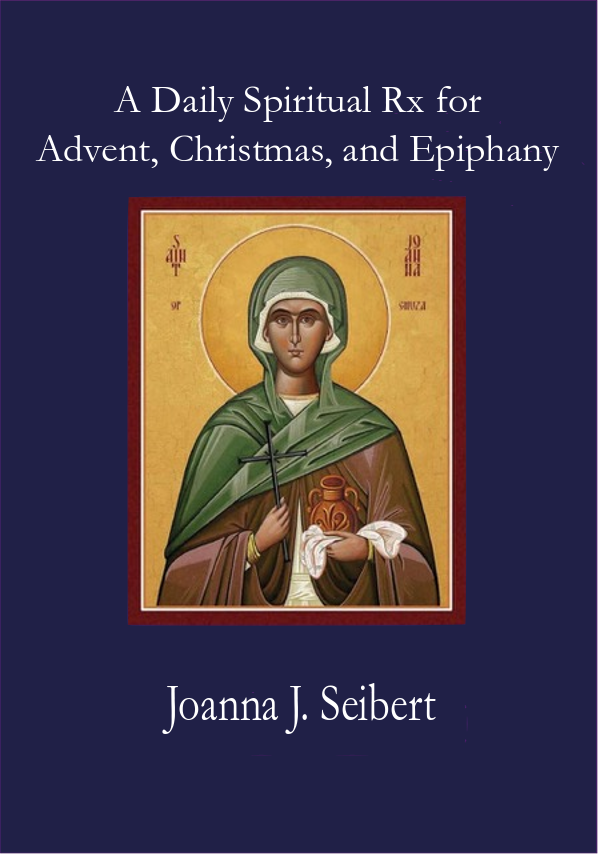“We don’t go brain dead when we read the Scriptures. We need not hesitate to use our intellects—informed by many disciplines—as we approach the Scriptures. How does what you are reading in the Scriptures ring true to your own life experience and, if not, then what? The Anglican approach is to be on good speaking terms with Scripture, tradition, reason, and experience.” —Br. Curtis Almquist, SSJE, from “Brother, Give Us a Word,” a daily email sent to friends and followers of the Society of Saint John the Evangelist (SSJE.org).
The Bible is a library of many books. It is our road map but not the final destination. It contains many writings of people seeking connection to God. We have so much to learn from them. We relate to their struggle, their joy, their sorrow, and the peace they find through a deep connection to God.
We are continually amazed how a passage can mean something different to us when we read it a week or a year or more later. This experience is what happens when we relate our lives, the lives of those around us, the world around us to what we are reading in Scripture.
Br. Almquist asks us to use our intellect, to think about what we are reading in Scripture. What was going on in the lives of the people when these books were written? Were they being persecuted? How different are our lives from theirs today? How are they the same?
Find out what other sources say. Br. Almquist is asking us to use our reason and experience. How does our own history enable us to understand what we are reading? We also have a rich tradition of holy mothers and fathers before us who have struggled and inwardly digested Holy Scripture. We are to investigate what they have to say.
I have always believed that the Holy Spirit did not stop working after the many books of the Bible were written. The Holy Spirit works in us and in those with whom we live in community, helping us to read and hear Scripture, and to discern what it is saying today in the twenty-first century.
My tradition encourages us to read each day from the Hebrew Bible, in addition to one of the Psalms, one of the letters of the New Testament, and one of the Gospel passages.
Here is my confession: I try to follow this rule. Sometimes I skip over parts. Sometimes I read only the first and last verses of the Psalm and use them as a mantra for the day. Other times I choose only one of the readings, especially if it is a continuing story from the Hebrew Bible.
I love biblical narratives such as the story of Queen Esther, even if God is never mentioned in that book. I also try to follow the adventures of Paul and the early Christians—again, more stories. Some have become old friends, as in a recent reading about Paul meeting Aquila and Priscilla in Corinth after they had fled Rome. I do what I can. I have stopped beating myself up about not reading it all. I am learning that the Holy Spirit will speak to me in whatever measure I can receive. My job is to be faithful to the connection, sometimes very faithful, unfortunately, sometimes less faithful.
Joanna joannaseibert.com





